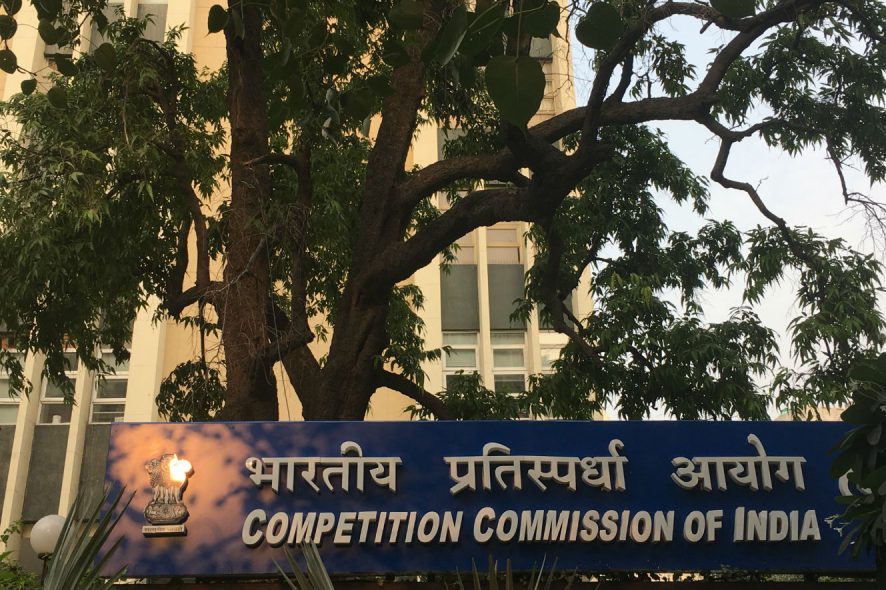Competition Commission of India: The CCI recently passed an order under Sec. 26(2) of the Competition Act wherein the informant had filed information against several banks under Section 19(1)(a) of the above-mentioned Act alleging cartelisation between them to limit or control the safe deposit lockers services offered by them.
The facts of the case are that the informant had tried to avail a bank locker with a bank when he came to know that banks charge a certain amount of rent for providing locker services and the person availing the service is also made to sign an agreement wherein it is agreed that the banks shall hold no liability for any loss sustained to the articles that are kept inside the locker. The Informant noticed that till date no such mechanism has been introduced by banks to compensate their customers for any loss/ damage towards the articles kept inside the lockers. The informant alleged that banks in India have formed a monopoly over the system and them not compensating for any loss/ damage to the articles constitutes as them engaging in Cartelisation.
The informant contended that cartelisation is occurring due to non-compliance towards the principle of “Bailment” under the Indian Contract Act, 1872 by the banks in India. The informant argued that the mandatory agreement which is to be signed by the person applying for availing the bank locker is anti-competitive and prohibitive under Section 3 of the Act. The informant acknowledged that although there is no explicit agreement amongst the banks to show any evidence of such a practice being carried out, it is appropriate to inquire into cases of anti-competitive agreements on the basis of material and doing so will prove this practice amongst banks being anti-competitive. The informant also alleged that the banks have formed an association to prevent improvement of services thus affecting competition in the market and interests of consumers.
The Commission held that since there is no evidence given in regard to the allegation that the banks engage in cartelisation besides merely providing RTI responses that suggest that no responsibility is taken by the banks for any loss/damage to the articles inside the lockers, it cannot be considered by the Commission. The Commission mentioned that certain elements need to be fulfilled for Section 3(3) of the Act to have been contravened, which are:
i. the competitors need to enter into an agreement under Section 2(b) of the Act inclusively as an arrangement in concert or one that is enforceable by legal proceedings; and
ii. the object, if such an agreement is covered under Sec.tion 3(3) of the Act.
The Commission noted that for establishing a case in the preliminary stages, the above-mentioned elements need not be established in great details but there should at least be material that establishes a case prima facie in contravention of Section 3 of the Act. Hence, it held that no such prima facie case is being established considering the material that has been presented by the informant. [Kush Kalra v. Reserve Bank of India, Case No. 23 0f 2017, decided on 23/08/2017]


